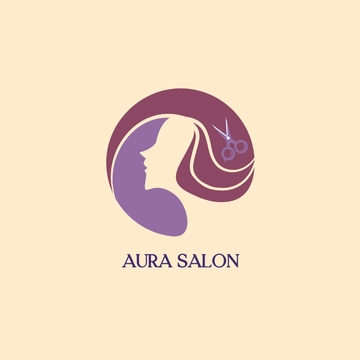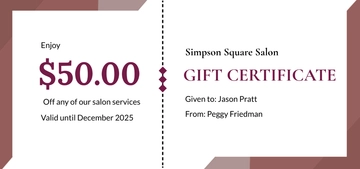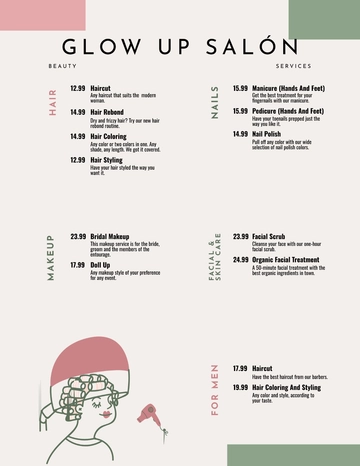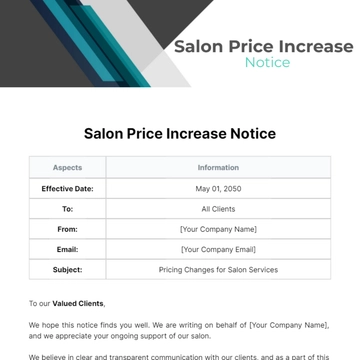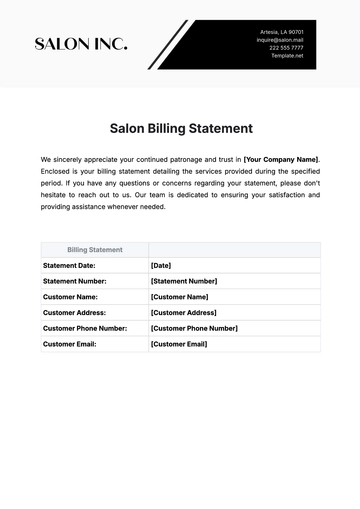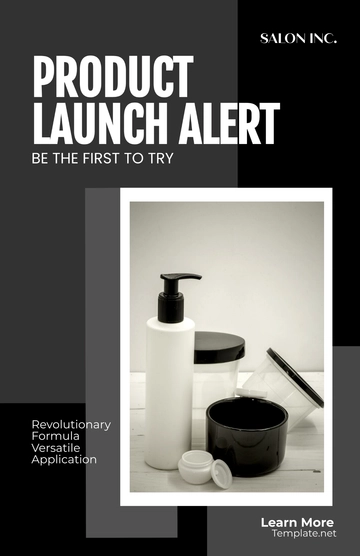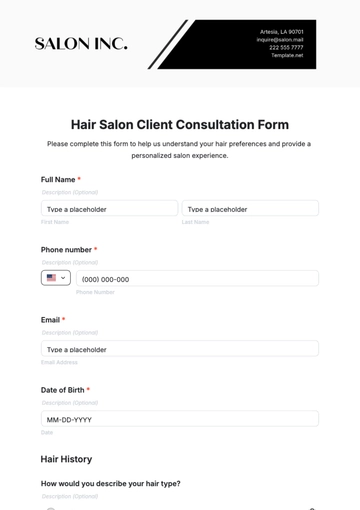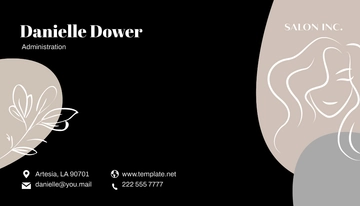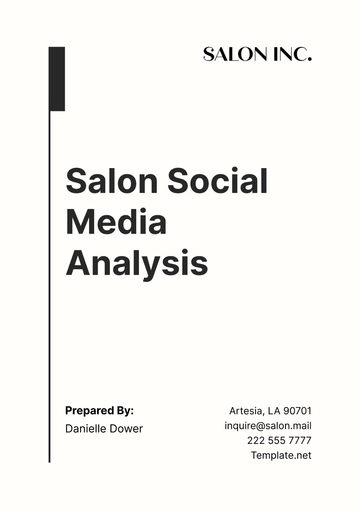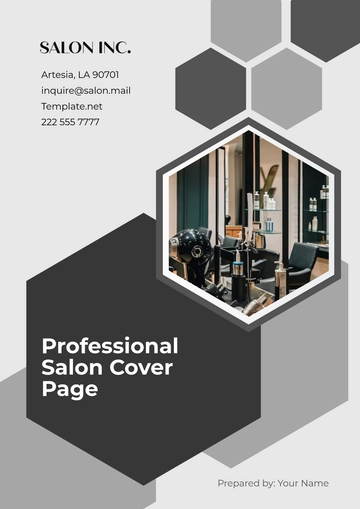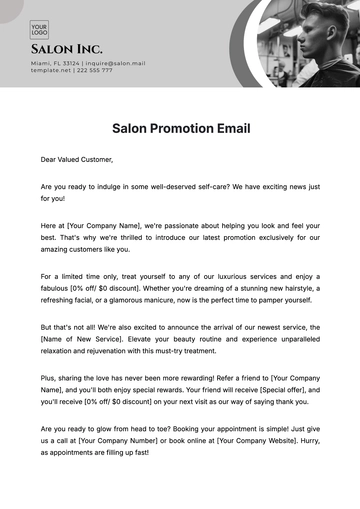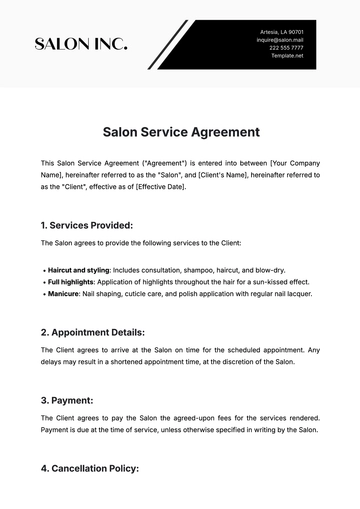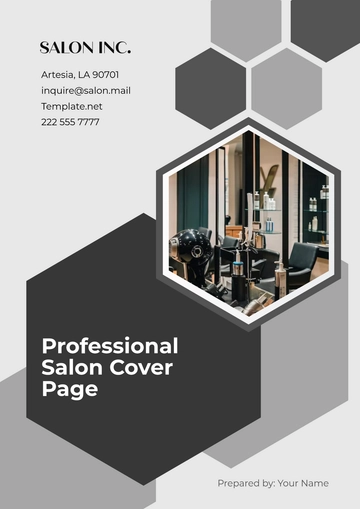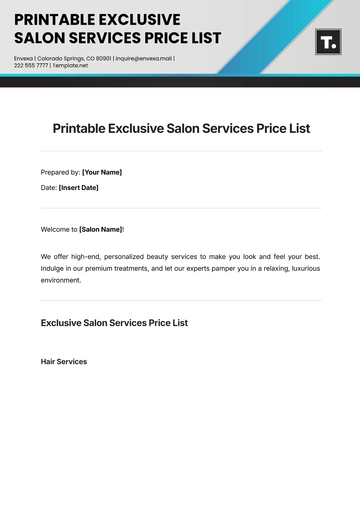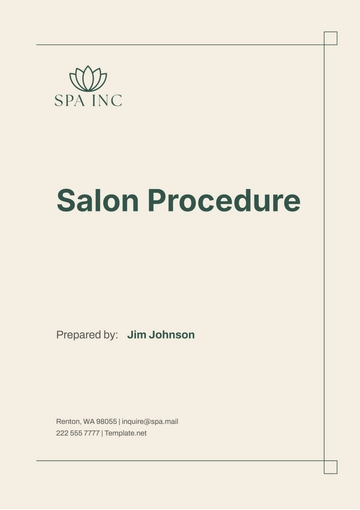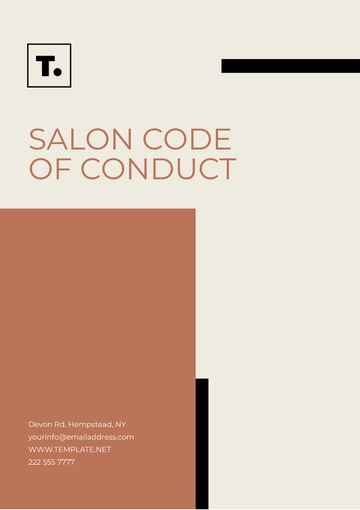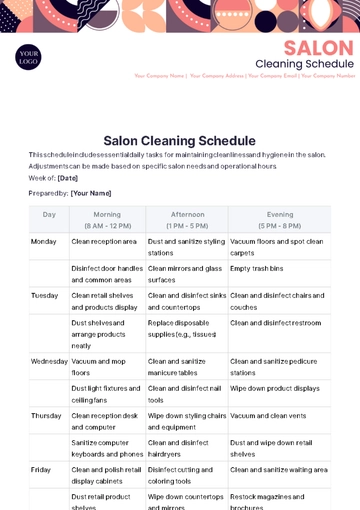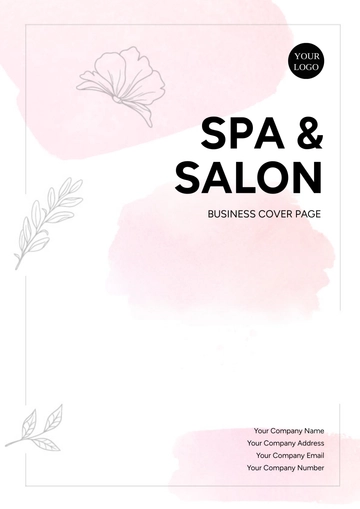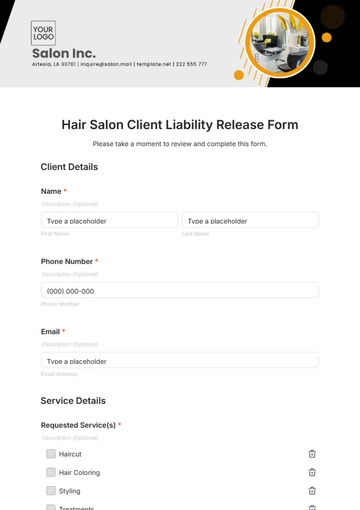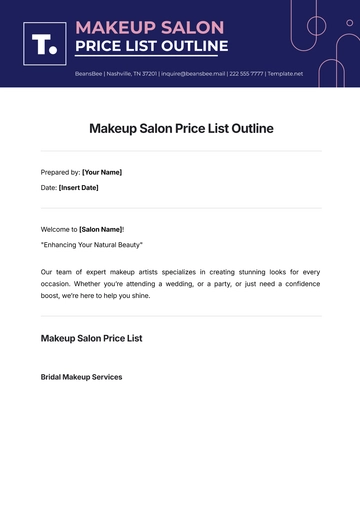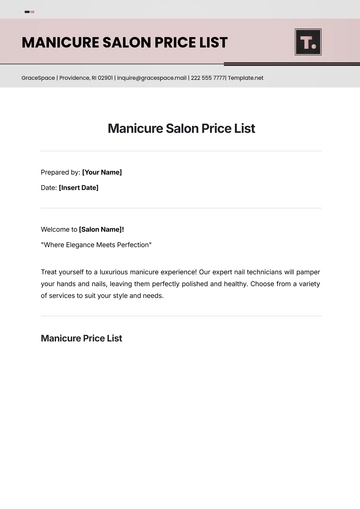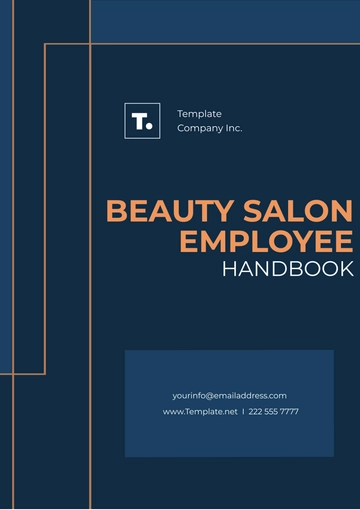Free Salon Training Strategy
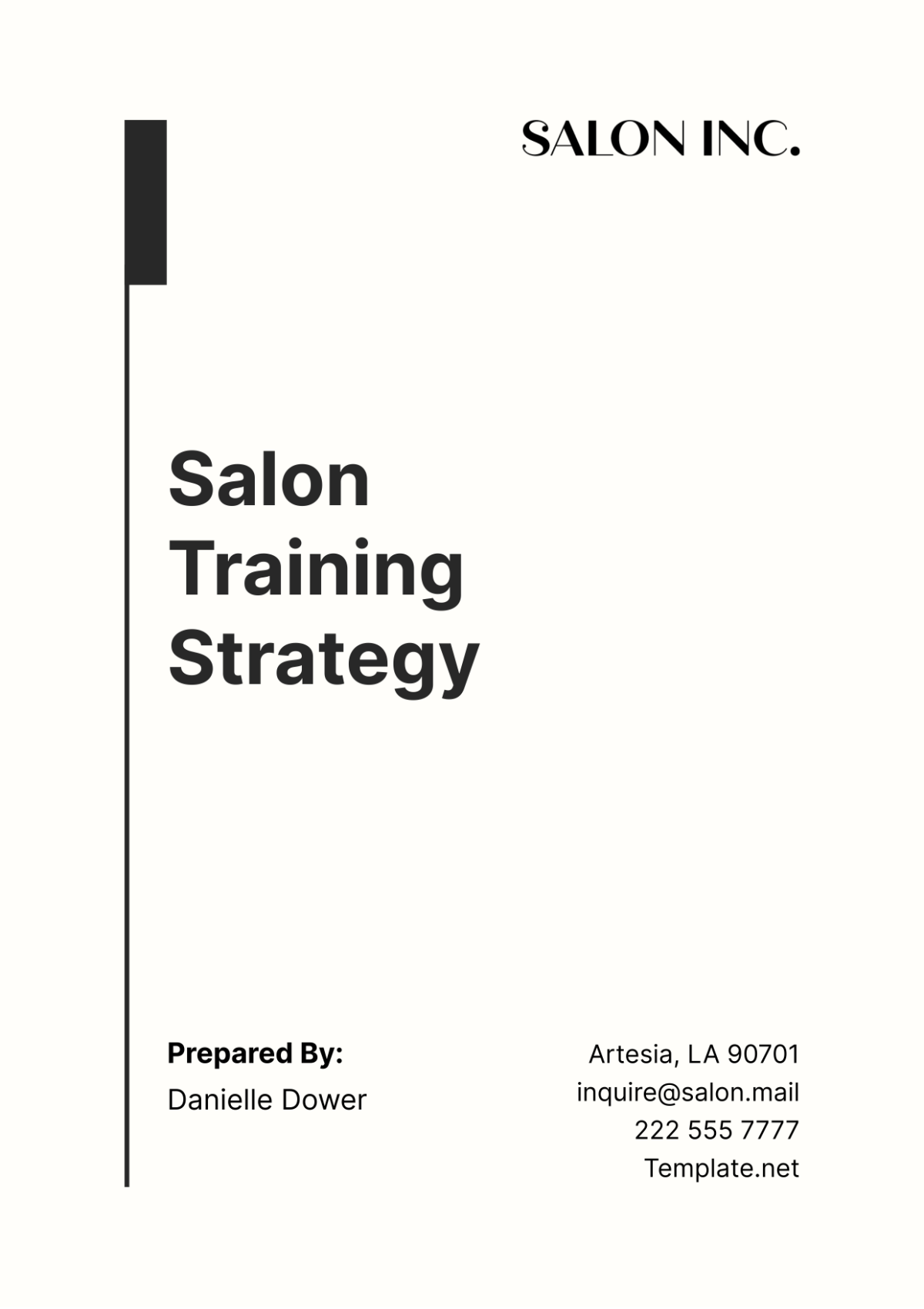
Executive Summary
The training strategy plan for [Your Company Name] is dedicated to ensuring that our staff members are equipped with the necessary skills, knowledge, and expertise to deliver exceptional service to our clients. By investing in comprehensive training programs, we aim to maintain high standards of professionalism, enhance employee satisfaction and retention, and ultimately elevate the overall client experience.
Training Needs Assessment
Before implementing training programs, we will conduct a thorough assessment to identify the specific skills and knowledge gaps within our team. This assessment will be based on factors such as:
Technical proficiency in haircare, skincare, nail care, and other salon services.
Customer service skills, including communication, empathy, and conflict resolution.
Product knowledge and familiarity with the latest trends and techniques in the beauty industry.
Training Program Development
Training program development at [Your Company Name] is a process aimed at addressing specific skill gaps identified through a thorough needs assessment. Our programs are designed to be comprehensive, engaging, and tailored to the unique needs of our staff members. We employ a variety of training methods and resources to ensure that our team is well-equipped to deliver exceptional service to our clients.
Technical Training:
Technical proficiency is fundamental to delivering high-quality salon services. Our technical training programs focus on refining existing skills and introducing new techniques to enhance the service offerings at [Your Company Name]. These programs include:
Hands-on Workshops: Conducted by experienced industry professionals, these workshops provide staff members with practical experience and guidance in performing various salon services.
Demonstrations and Practice Sessions: Interactive sessions where staff members observe demonstrations of techniques and then practice under the supervision of skilled trainers.
Certification Courses: Opportunities for staff members to obtain certifications in specialized areas such as hair coloring, skincare treatments, and nail artistry.
Training Schedule for Technical Training:
Training Program | Frequency | Target Participants |
|---|---|---|
Haircut Techniques | Monthly | All Stylists |
Advanced Coloring Methods | Bi-monthly | Stylists and Colorists |
Nail Artistry Workshop | Quarterly | Nail Technicians |
Customer Service Training:
Exceptional customer service is a cornerstone of our salon experience. Our customer service training programs focus on developing strong interpersonal skills, effective communication, and empathy to ensure that every client feels valued and appreciated. These programs include:
Role-playing Exercises: Staff members engage in simulated customer interactions to practice active listening, problem-solving, and conflict resolution.
Scenario-based Training: Real-life scenarios are presented to staff members, allowing them to develop critical thinking skills and apply best practices in various service situations.
Customer Feedback Analysis: Reviewing feedback from clients to identify areas for improvement and address specific customer concerns or preferences.
Training Schedule for Customer Service Training:
Training Program | Frequency | Target Participants |
|---|---|---|
Effective Communication | Monthly | Front Desk Staff, Receptionists |
Handling Difficult Clients | Bi-monthly | All Staff |
Client Feedback Analysis | Quarterly | All Staff |
Product Knowledge Sessions:
A thorough understanding of the products we use and recommend is essential for providing informed recommendations and ensuring client satisfaction. Our product knowledge sessions provide staff members with in-depth information about the brands we carry, their ingredients, and their benefits. These sessions include:
Product Demonstrations: Hands-on demonstrations of products, allowing staff members to experience their texture, scent, and application techniques firsthand.
Manufacturer Training Sessions: Training sessions conducted by product manufacturers or representatives, providing insight into product features, usage guidelines, and recommended treatments.
Educational Materials: Access to product catalogs, brochures, and online resources to supplement training sessions and facilitate ongoing learning.
Training Schedule for Product Knowledge Sessions:
Training Program | Frequency | Target Participants |
|---|---|---|
Product Demo Day | Monthly | All Staff |
Manufacturer Training Sessions | Bi-annually | All Staff |
Online Product Courses | Ongoing | All Staff |
Our training program development is guided by a commitment to excellence and continuous improvement. By providing our staff members with the knowledge, skills, and resources they need to succeed, we ensure that [Your Company Name] remains at the forefront of the industry, delivering exceptional service and experiences to our valued clients.
Implementation and Delivery
Implementing and delivering training programs at [Your Company Name] involves careful planning, coordination, and execution to ensure maximum effectiveness and employee engagement. Our approach is designed to be flexible and accommodating, catering to the diverse needs and schedules of our staff members while maintaining a focus on achieving our training objectives.
Planning and Scheduling:
The first step in implementation is to develop a comprehensive training calendar that outlines the timing, frequency, and duration of each training session. This calendar takes into account staff availability, salon operations, and the specific learning objectives of each program. We strive to schedule training sessions at times that minimize disruption to daily operations while maximizing staff participation and engagement.
Training Calendar:
Date | Training Program | Time | Trainer |
|---|---|---|---|
[Date] | Haircut Techniques | 9am - 1pm | Senior Stylist |
[Date] | Effective Communication | 2pm - 4pm | Customer Service Manager |
[Date] | Nail Artistry Workshop | 10am - 1pm | Nail Technician |
Delivery Methods:
We utilize a variety of delivery methods to ensure that training programs are engaging, interactive, and effective in meeting the learning needs of our staff members.
In-Person Workshops: Hands-on workshops and demonstrations conducted on-site by experienced trainers provide staff members with practical skills and knowledge.
Online Learning Platforms: Access to digital resources, e-learning modules, and virtual classrooms for self-paced learning and remote participation.
External Training Sessions: Attendance at industry conferences, workshops, and seminars to gain exposure to new trends, techniques, and best practices.
Tracking and Evaluation:
Throughout the implementation process, we closely monitor the progress and effectiveness of our training programs to ensure that they are achieving their intended outcomes.
Attendance Tracking: Recording staff attendance at training sessions to ensure participation and identify any scheduling conflicts or absences.
Skills Assessments: Evaluating staff members' performance before and after training to measure skill improvement and identify areas for further development.
Feedback Collection: Soliciting feedback from participants to assess the relevance, usefulness, and satisfaction with training content and delivery methods.
Continuous Improvement:
We are committed to continuous improvement in our training programs, incorporating feedback from staff members, trainers, and management to refine and enhance our offerings over time.
Review Meetings: Regular meetings to review training outcomes, discuss feedback, and identify opportunities for improvement or adjustment.
Updates and Revisions: Making updates and revisions to training content, materials, and delivery methods based on emerging trends, industry best practices, and staff input.
Ongoing Learning Culture: Fostering a culture of continuous learning and professional development within the salon, encouraging staff members to seek out new opportunities for growth and skill enhancement.
Monitoring and Evaluation
To assess the effectiveness of our training programs, we will implement a robust monitoring and evaluation process. This will involve regular feedback sessions, skills assessments, and performance reviews to measure the impact of training on employee performance and client satisfaction.
Feedback Mechanisms: Surveys, focus groups, and one-on-one feedback sessions to gather input from staff members about the training programs.
Skills Assessments: Periodic evaluations to assess staff members' proficiency in key areas and identify areas for further development.
Performance Reviews: Incorporating training outcomes into regular performance evaluations to recognize progress and identify ongoing training needs.
Conclusion
Our training strategy will be dynamic and responsive, evolving in tandem with the changing needs of our staff and the demands of the beauty industry. We will regularly review and update our training programs based on feedback, industry trends, and emerging technologies to ensure that our staff members remain at the forefront of the industry.
- 100% Customizable, free editor
- Access 1 Million+ Templates, photo’s & graphics
- Download or share as a template
- Click and replace photos, graphics, text, backgrounds
- Resize, crop, AI write & more
- Access advanced editor
Enhance staff skills with the Salon Training Strategy Template from Template.net. Editable and customizable in our Ai Editor Tool, this template is perfect for developing a training program that aligns with your salon’s operational needs and goals, ensuring that your team is well-equipped to provide exceptional service and support business growth.
